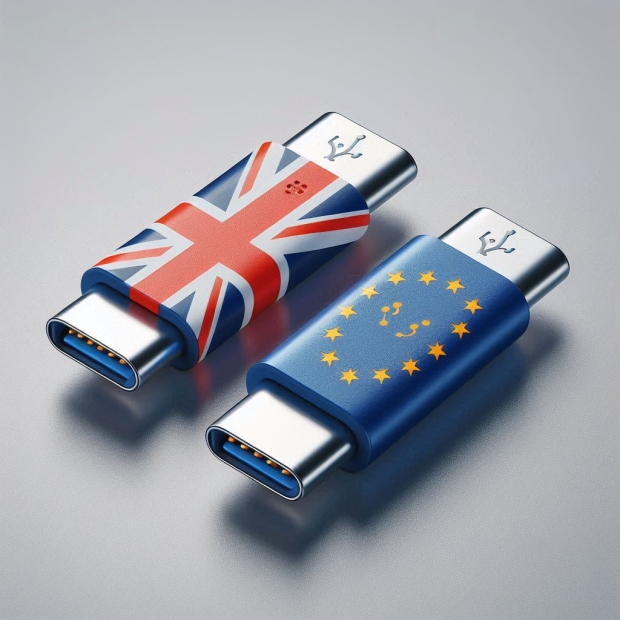The Office for Product Safety and Standards, which is part of the Department for Business and Trade, has started the consultation. It invites manufacturers, importers, distributors, and trade associations to provide their input.
Should the UK decide against adopting USB-C and a separate standard, expect device manufacturers to provide dongles to support this rather than having unique device versions.
The Office for Product Safety and Standards mirrored the EU’s justification for the move, saying that introducing standardised requirements for chargers for certain portable electrical/electronic devices across the UK would potentially help businesses and deliver consumer and environmental benefits.
“We are seeking views from manufacturers, importers, distributors, and trade associations as to whether it would be helpful to do so and, if so, whether this should be based on USB-C – as adopted by the EU."
The EU's version of the law will come into force by the end of the year. Its key focus is on reducing e-waste from proprietary cables and chargers, which will impact a variety of devices, including phones, tablets, and headphones. This new law even pushed Apple into abandoning its Lightning cable in favour of USB-C with last year's iPhone 15 series of devices.
Before Brexit the UK would have automatically have adopted this rule, however now it can't do anything without without orders – signed in triplicate, sent in, sent back, queried, lost, found, subjected to public inquiry, lost again, and finally buried in soft peat for three months and recycled as firelighters. So much for Brexit removing red tape.
India has asked manufacturers to make the same move by March 2025, three months later than the EU's deadline. This would still impact the same list of consumer electronics, but it specifies that this requirement also covers feature phones. Both laws will also cover laptops, but these have an extended deadline of 2026 in both India and the EU.




